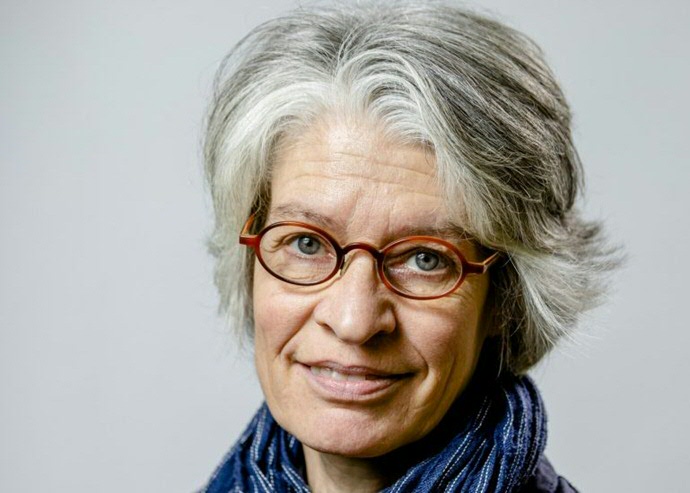Generations and Gender Programme opgenomen in ESFRI Roadmap 2021

Het Generations and Gender Programme (GGP) is officieel erkend als belangrijke onderzoeksinfrastructuur. Op 7 december werd bekendgemaakt dat het programma één van de elf projecten is die in de ESFRI-roadmap 2021 worden opgenomen. GGP-directeur Anne Gauthier: “Dit is goed nieuws voor de sociale wetenschappen!”
Generations and Gender Programme
Het Generations and Gender Programme (GGP) is een onderzoeksinfrastructuur die bestaat uit data over demografische gebeurtenissen zoals huwelijk, echtscheiding en de geboorte van kinderen. De data zijn open access en worden in meer dan dertig landen verzameld. Ruim 4.000 onderzoekers hebben wereldwijd al van de GGP infrastructuur gebruik gemaakt.
Goed nieuws voor sociale wetenschappen
Op 7 december 2021 werd bekendgemaakt dat het GGP één van de elf projecten is die na een grondige evaluatie- en selectieprocedure worden opgenomen in de European Strategy Forum on Research Infrastructures (ESFRI) Roadmap 2021. Eerder werden andere vooraanstaande projecten zoals de European Social Survey (ESS) en Survey of Health, Aging and Retirement in Europe (SHARE) opgenomen in de roadmap.
Volgens GGP-directeur Anne Gauthier - honorair hoogleraar sociologie aan de Rijksuniversiteit Groningen - is dit goed nieuws voor de sociale wetenschappen. “In 2018 haalde geen enkel sociaal wetenschappelijke project de roadmap, maar dit jaar zijn het er twee: het GGP en een project gericht op kinderen (red. Growing Up in Digital Europe: EuroCohort - GUIDE). Als je de onderzoeksinfrastructuren van het project gericht op kinderen combineert met het GGP en SHARE dan kun je de hele levensloop van individuen in kaart brengen, wat natuurlijk geweldig is.”
Theorieën testen
In de nabije toekomst wil het GGP team in nog meer landen data verzamelen. Eerst werd dat alleen in Europese landen gedaan, maar het programma breidt zich langzaam maar zeker uit over de rest van de wereld. Gauthier: “We zijn net begonnen met een dataverzameling in Uruguay en hebben een pilot gedaan in Hong Kong. Door data in deze landen te verzamelen, kunnen we theorieën die vaak met een Europese ‘frame of mind’ zijn ontwikkeld in een totaal andere context testen. Daar kijk ik erg naar uit!”
Samenwerking met NIDI
Naast honorair hoogleraar bij sociologie is Gauthier ook als senior onderzoeker verbonden aan het Nederlands Interdisciplinair Demografisch Instituut (NIDI). De Faculteit Gedrags- en Maatschappijwetenschappen werkt nauw samen met het NIDI. Naast Gauthier werd in 2020 NIDI onderzoeker Matthijs Kalmijn als honorair hoogleraar benoemd. Daarnaast werken onderzoekers van de faculteit en het NIDI samen in de onderzoeksgroep Family, Life course, and Ageing Group (FLAG) en biedt het NIDI stageplaatsen aan voor geïnteresseerde studenten.
Meer lezen?
-
Generations and Gender Programme: https://www.ggp-i.org/
-
ESFRI Roadmap 2021: https://www.esfri.eu/esfri-roadmap-2021
-
NIDI: https://nidi.nl
-
Onderzoeker Gert Stulp over de FLAG onderzoeksgroep: https://www.youtube.com/watch?v=yU3zFjiWOUA
Meer nieuws
-
08 december 2025
Burgerparticipatie onmisbaar voor een duurzame energietoekomst
-
23 oktober 2025
Negen wetenschappers van de RUG ontvangen Vidi-beurs


